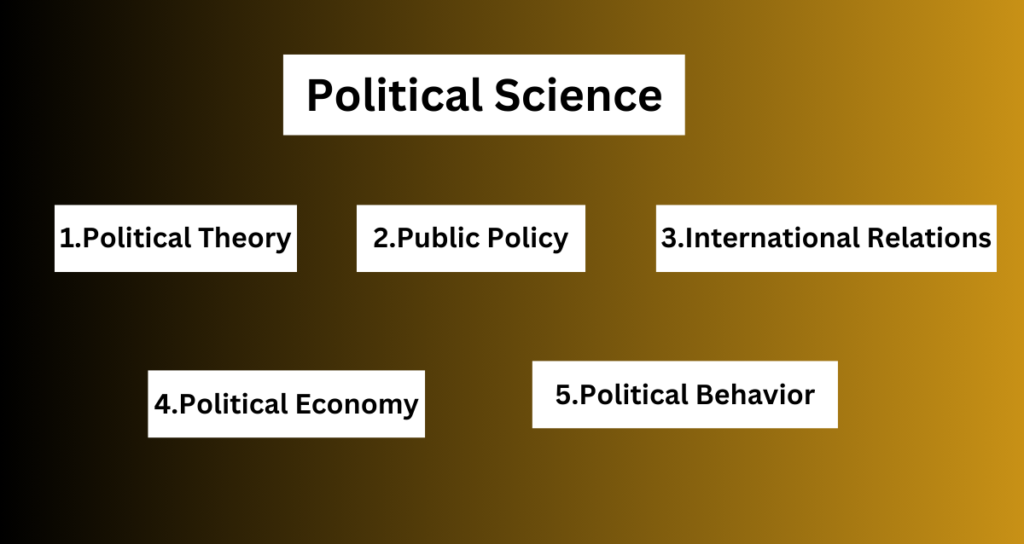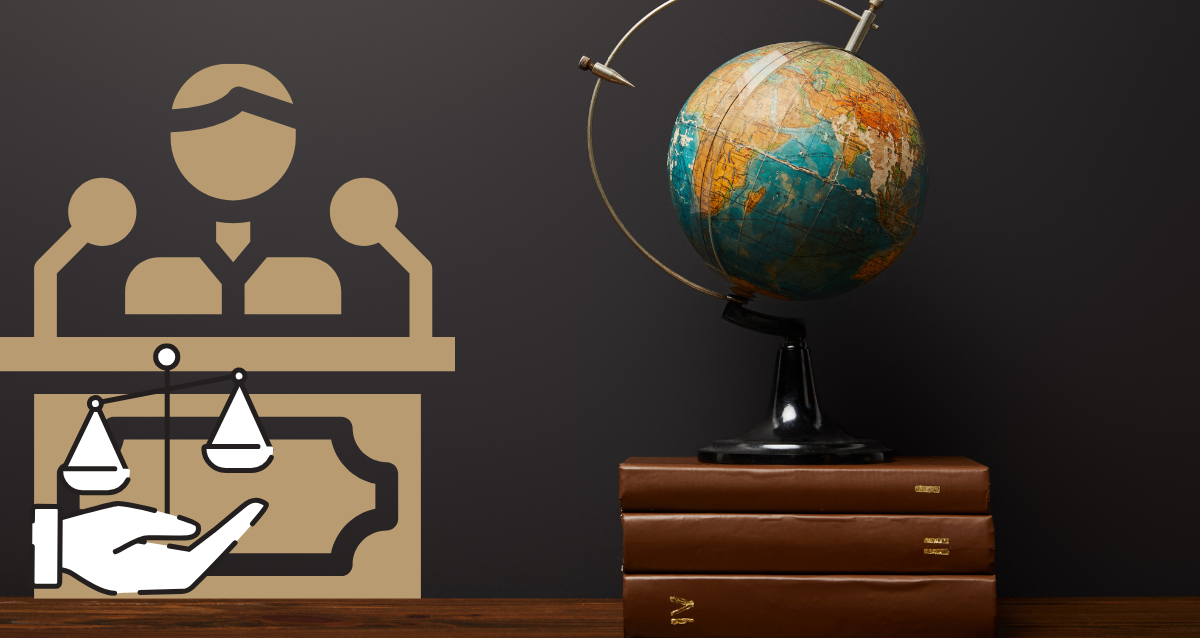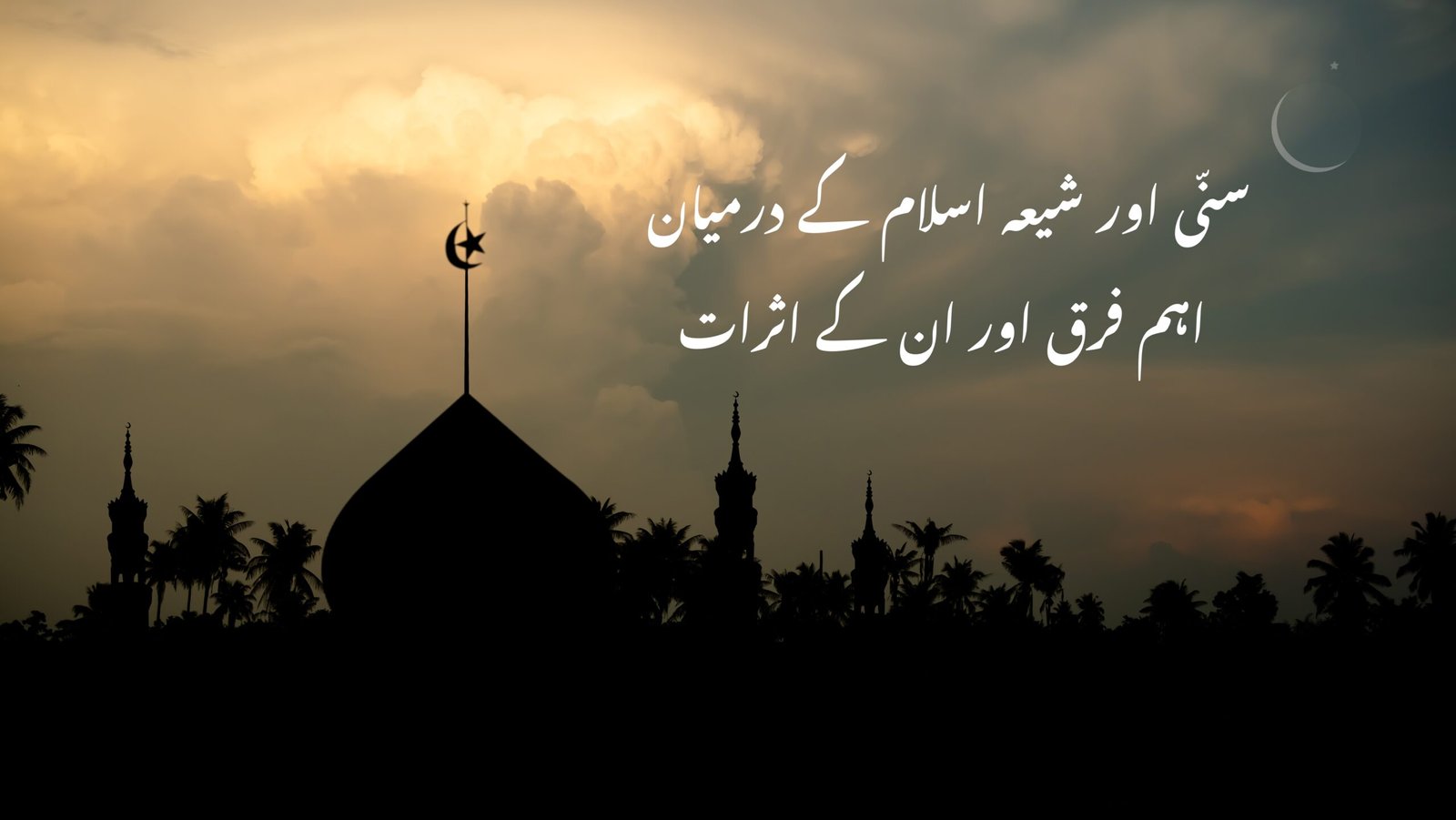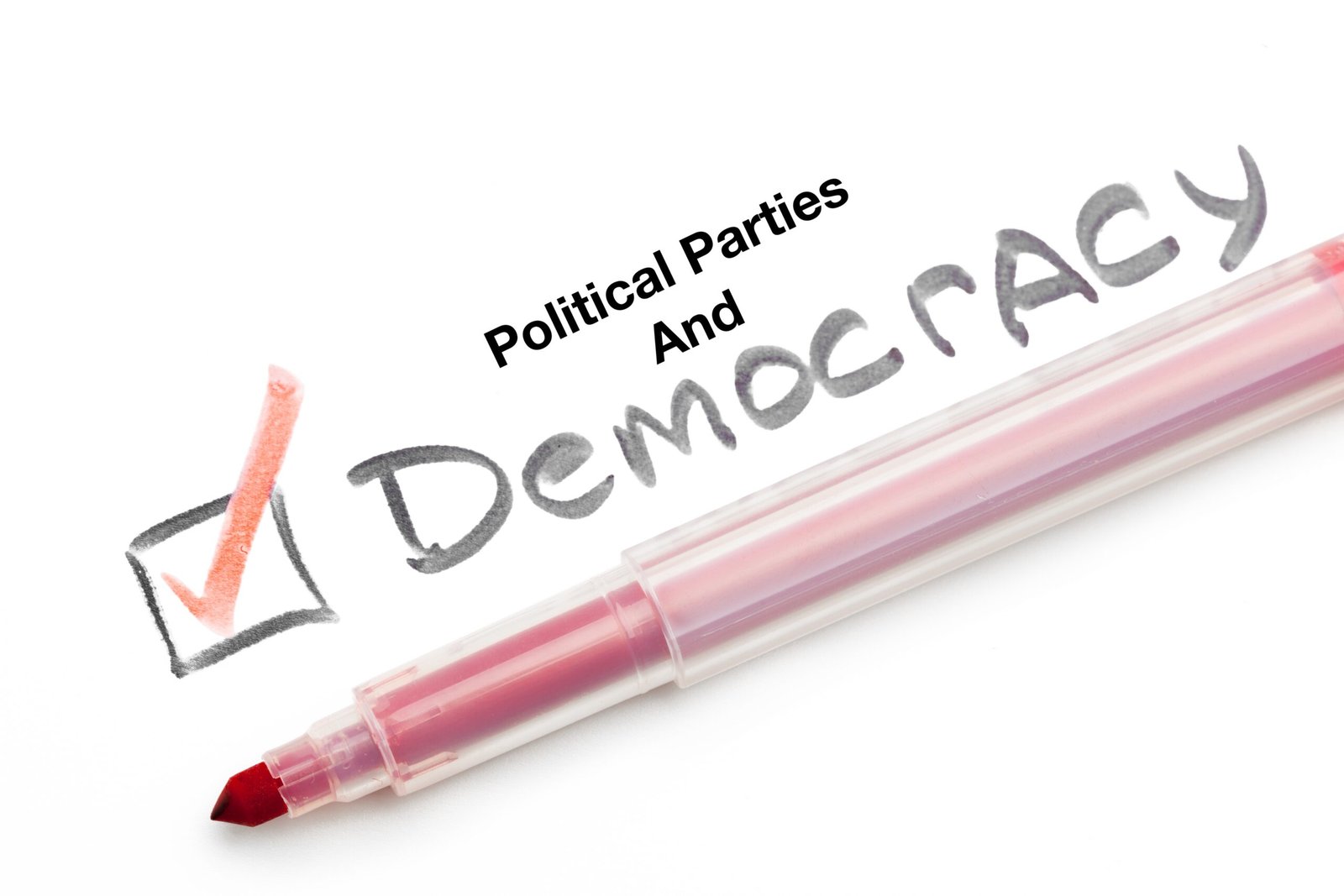Define Political Science And Discuss Its Relationship With Other Social Sciences
Political Science: Definition and Scope
Political Science is an academic discipline that studies politics and governments. It analyzes power relationships, Political Culture, Political institutions, Political actors, decision-making, and policy implementation. Political Science also analyzes political systems, political processes, actors, beliefs, policies, relations between countries, and the distribution and organization of political power.
Political Science, therefore, studies the structure of political institutions and how they function as political systems at national, regional, or even global levels. This entails learning ideas (political systems, political philosophies, etc.) and facts and procedures (voting systems, law-making procedures, and diplomacy).
Political Science can be divided into several subfields, such as:

Political Theory
Looks at substantial issues concerning justice, freedom, fairness, democracy, and other assumptive political principles. Comparative Politics examines how political systems function in various countries to learn about their operation and what may be gained from comparing them.
International Relations
Analyzes the interactions between nations. Its subjects include diplomacy, conflict, international organization, and cooperation. Public Administration focuses on managing government organizations, administering policies, and managing civil servants’ systems.
Public Policy
Examines how the formation and/or enactment of government policies in the social, economic, and environmental facets is effective.
Political Economy
Concerned with the relationship between economics and politics, it teaches about how economic systems affect politics and how politics, in return, affects economic systems.
Political Behavior
Concerns with finding out how people and communities engage in politics: How do they go to polls, engage in politics, and what do they think about politics?
Political Science And Other Social Sciences
However, it should be noted that political Science is affiliated with several other social sciences, without which it can’t function or carry out its tasks. These disciplines assist in accounting for the scope of political structures, political activity, and the role of government in the community. Political science is closely affiliated with other social sciences since its work complements the different fields in enhancing appreciation and understanding of man and his behavior in society.
Here’s a deeper exploration of these connections:
1. Sociology and Political science
Sociology is the study of the social life of human beings, including his and her groups. It examines how individuals relate to their social context at family and community levels, workplaces, or institutions. It also studies the influence of social culture, beliefs, and entities on human conduct.
Sociology and Political Science are interested in political behavior, structures, and power politics. Political scientists employ sociological theories to explain the relationship between society and politics.
Sociology studies the influence that class, race, ethnicity, gender, and religion have on political activities. In other words, sociological research may examine how and why voting behavior, or the political system in which people participate and vote, is affected by social inequality. Political Science employs this knowledge in determining the sort of voters and how they impact an election or a particular political movement.
Political parties, social movements, protests, and other such formations are analyzed sociologically as they capture broader sociological problems, power dynamics, and identification questions.
2. Economics and Political Science
Economics is a discipline that studies resource use to satisfy human wants, the process of creating and sharing wealth, and markets. Economics and Political Science are closely related because politics has a profound economic influence, and economics has a profound political impact.
The political economy is the branch of economics that deals with this relationship. It explores how political choices affect economic actions (for example, taxation levels, trade policies, or welfare measures) and vice versa, examining how the distribution of material resources, economic booms, and slumps influence political choices.
Government acts regarding the funding of different programs, revenue policies, trademarks, and policies all have a concrete influence on the economy. On the other hand, economic crises, income divisions, and joblessness contribute to political instabilities or the emergence of populism.
Political economists use economic paradigms, such as Marxism, Keynesianism, or neoliberalism, to elucidate the interactions between political institutions and the economy and vice versa.
3. History and Political Science
History records past human activities and behaviors and scientifically analyzes how and why things happened. By studying the development of various political institutions, ideologies, and systems of international relations, history helps put modern politics, institutions, and behavior into perspective.
In this sense, historical analysis allows political scientists to understand the evolution of political systems, including when democracy emerged, how the states appeared, and how authoritarianism developed.
Political historians investigate essential events, such as revolts, wars, elections, or the formation of treaties, that may be helpful to current politics. Political science becomes valuable because, based on existing political models, it can provide political practice and theories in the future, resulting from political systems’ beliefs or the effectiveness of different government systems.
4. Psychology and Political Science
Psychology portrays the behavior and functioning of people’s minds. It deals with cognition, affection, behavior, patterns, and associations.
Political psychology is the branch of psychology that crosses disciplinary boundaries to analyze how psychological processes affect political beliefs, choices, and actions. It studies how people have certain political beliefs, decide on a candidate to vote for, and live in a particular political thinking framework.
For instance, cognitive dissonance theory helps explain why people have inconsistent political ideologies or why political nominees rely on feelings. Psychological tendencies, such as a person’s motivation or group identification, can help explain voting, protest, or support for specific candidates.
5. Anthropology and Political Science
Anthropology is the scientific investigation of man and the various societies they form. Sociologists compare how individuals and society perform tasks, study how those institutions are organized, and how different cultural patterns influence people’s daily lives.
Political Anthropology explores how societies relate to politics and the ways through which authority, politics, and conflicts are regulated. Anthropological studies offer political scientists ideas and an understanding of the structure of Indigenous or preindustrial political systems and the effect of culture, religion, and custom on the politics of indigenous or non-Western societies.
A noteworthy aspect is that anthropology explains how political authority utilizes symbols, rites, and social practices, including state symbols, flags and anthems, and ceremonies, such as elections and inaugurations, in political work and administration.
6. Law and Political Science
The legal system is the normative orders society or government makes and applies to control conduct. It plays a critical role in maintaining the functioning of political systems by setting out the legal parameters of the rights and responsibilities of governments, individuals, and corporations.
Politics and law are closely related because political scientists study the processes of legislation, regulation, and interpretation, while jurists and legal scholars study legislation’s material and formal content.
Constitutional law is the best example of the relationship between law and political science because the Constitution outlines the country’s governance and the citizens’ rights. Political scientists analyze constitutional provisions to determine how various governance structures (e.g., parliamentary-based and presidential-based) shape political results.
Another field that political scientists work on is legislation; people are interested in changes in legal systems, human rights, and judicial systems, recognizing that the latter depends on political influence and vice versa.
Conclusion
Political science is an interdisciplinary scientific subject that incorporates different aspects of other social sciences. The connection between political science and branches such as sociology, economics, history, psychology, anthropology, and law allows it to analyze political processes.
When political scientists draw from other fields of social sciences, they get insights from different angles. Hence, it will improve the remodeling of polity, processes, and behaviors and get better angles for analysis and better policy-making advice.
All the disciplines offer different perspectives on power, authority, governance, and dynamics between people, groups, and resulting political institutions. This integration between fields guarantees that Political Science is a vibrant and growing subject that can respond to current political matters worldwide.







Leave a Reply